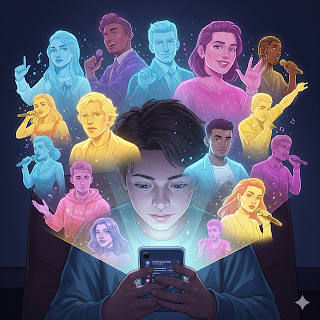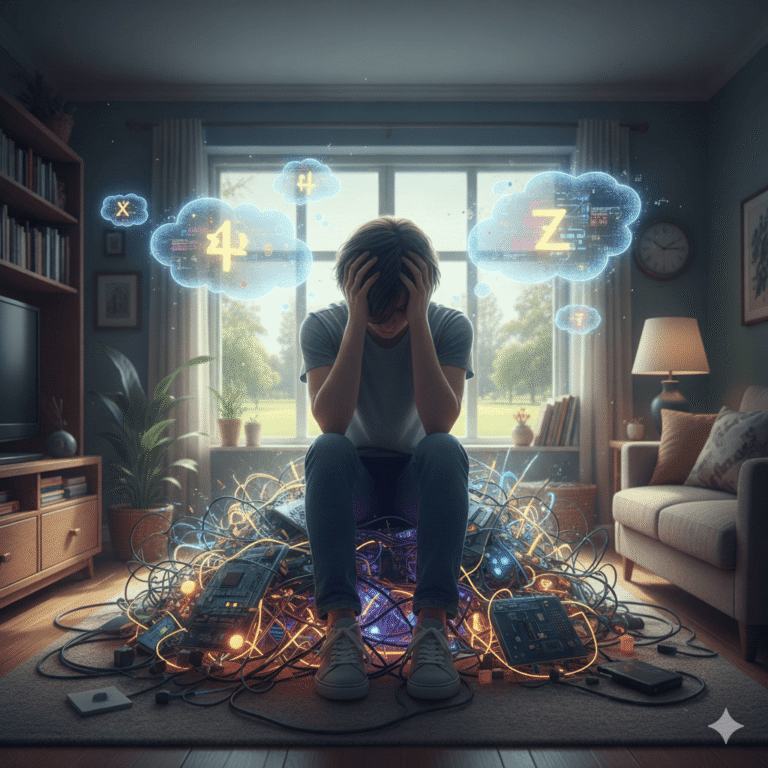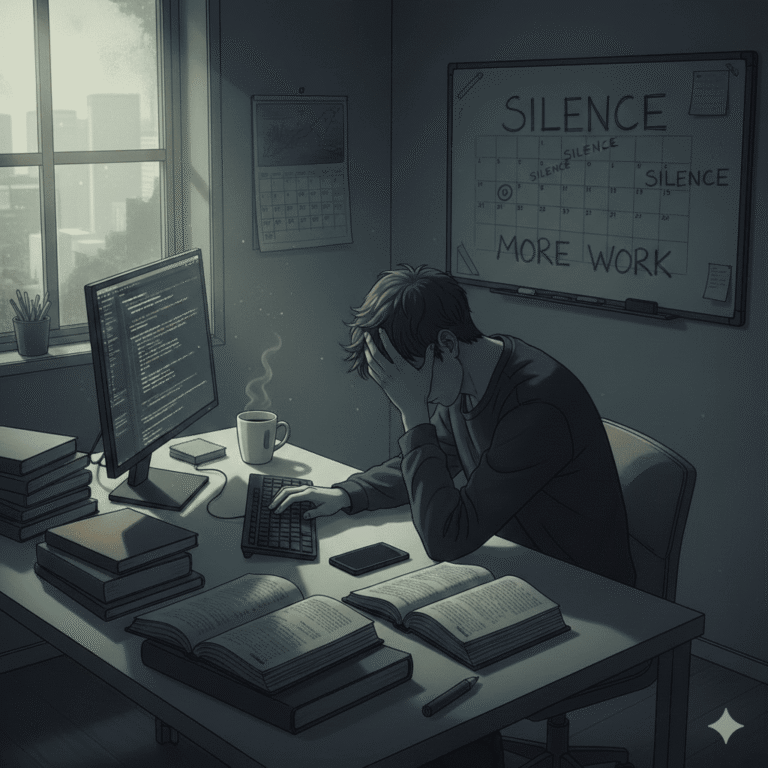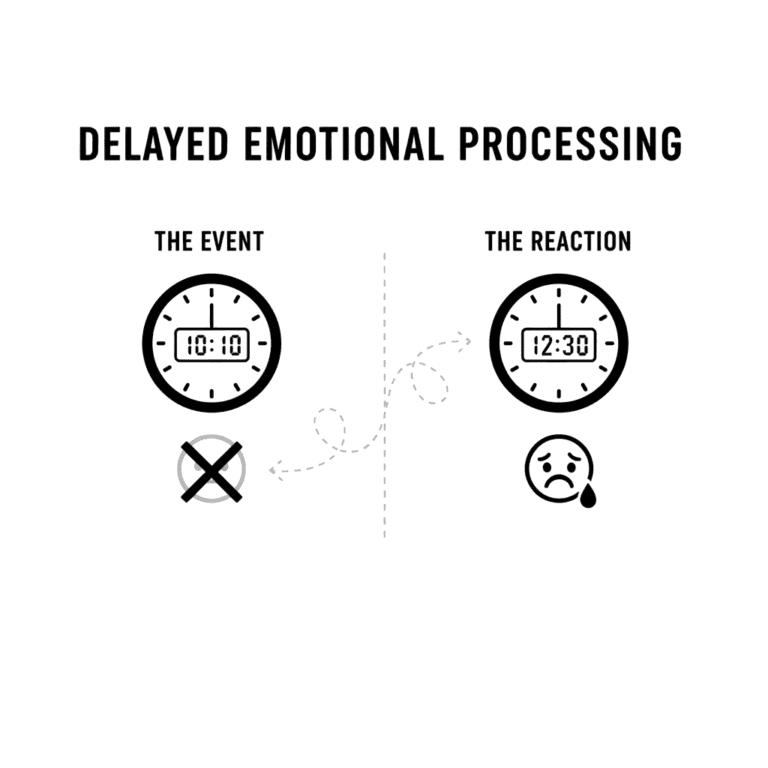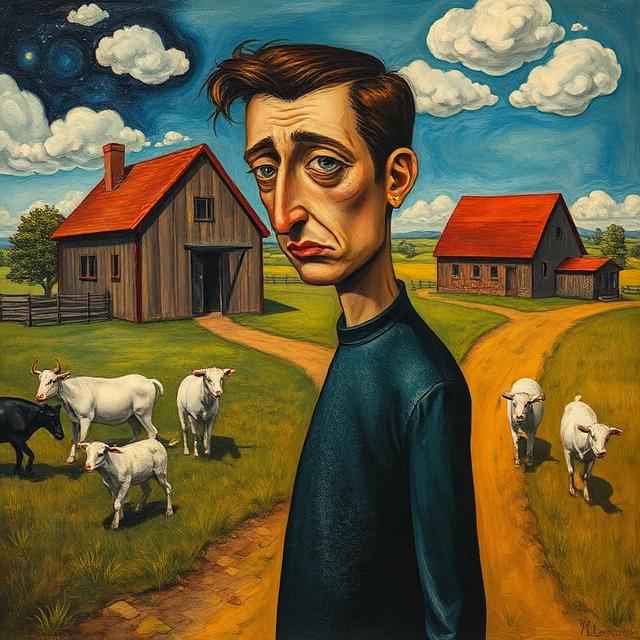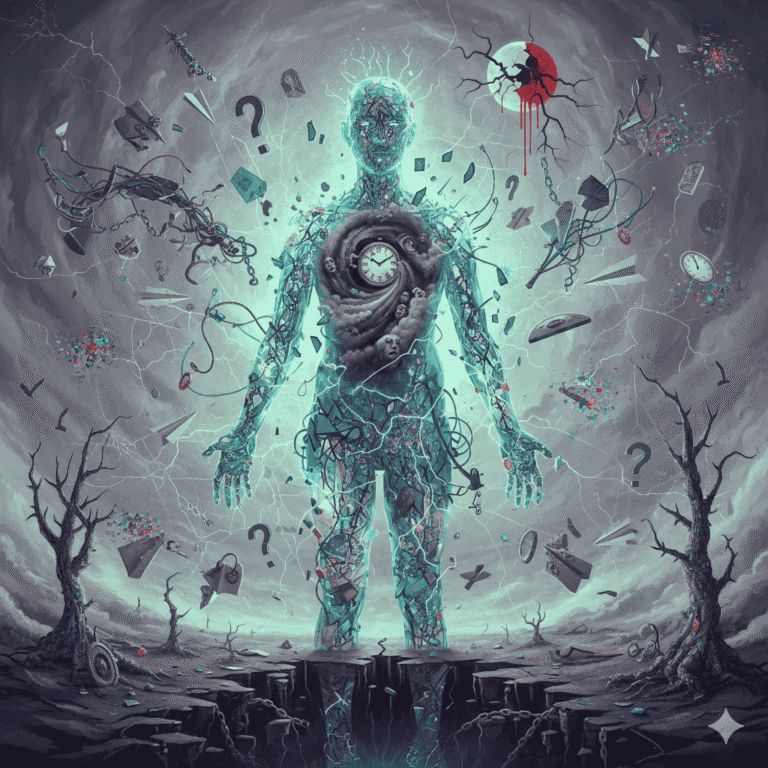The Placebo Effect: Definition, Psychology, and Real-World Examples
Wars always bring with them a new side of humans. Dr. Henry K. Beecher was a Harvard anesthesiologist who served in World War II. During combat, he famously ran out of morphine while treating wounded soldiers. One of the nurses injected saline solution instead and, to everyone’s shock, many soldiers relaxed and reported pain relief.
That experience blew Beecher’s mind. He realized it wasn’t the drug doing the work — it was belief.
After the war, he studied this phenomenon systematically and published his classic paper,
“The Powerful Placebo” in the Journal of the American Medical Association (JAMA, 1955).
This moment became the foundation of modern placebo research, now studied in pain medicine, neuroscience, and psychology.
The placebo effect is one of psychology’s most fascinating discoveries. It shows how your brain can trigger real healing just through belief—no active medicine required. In simple terms, this article explains what placebo effect actually is, how it works in the brain, and real examples from everyday life.
Ever felt more awake just because you thought your coffee was extra strong? That’s not caffeine, instead, it’s the placebo effect doing its thing. This wild psychological phenomenon shows how our brains can trick our bodies into feeling better, faster, or stronger, even when the “treatment” is totally fake. From sugar pills curing headaches to fake surgeries easing pain, the placebo effect proves one thing: sometimes belief is the best medicine.

Hi, I am Minhan and I write at Readanica. In this post, we’ll break down exactly what the placebo effect really is, the psychology behind why it works, and some real-life examples that’ll make you question how much of healing happens in your head.
📚 What Is the Placebo Effect?
The placebo effect is one of psychology’s wildest phenomena. It happens when you feel real improvements in your body or mind after taking a treatment that has no active ingredient at all — like a sugar pill, saline injection, or even a fake surgery.
In short: your belief that something will work is powerful enough to trigger genuine biological responses — pain relief, calmness, energy, and more.
Interestingly, the idea of belief influencing reality isn’t just scientific — it also appears in spiritual teachings, such as this Hadith-e-Qudsi:
“Allah the Most High said, ‘I am as My servant thinks (expects) I am. I am with him when he mentions Me.”
What you expect and believe to happen is what happens. That’s how medical and spiritual sciences are bound together.
📚 The Science Behind It
Research using fMRI has shown that the placebo response activates the same pain-relief areas that real medicine does.
In studies on chronic pain, depression, and anxiety, patients who believed they were getting treatment often showed measurable improvement — even when the treatment was fake.
📚 Example:
A 2024 Harvard Health article summarized recent migraine trials showing that even open-label placebos — where patients knew the pill contained no active drug — produced meaningful relief. For example, migraine patients who knowingly took placebo pills reported roughly a 50% reduction in symptoms compared with controls, confirming that expectation and ritual alone can trigger real physiological change (Harvard Health, 2024). That study doesn’t make fake pills a cure-all — but it does prove belief and context are powerful drivers of recovery.
Let’s discuss the psychology behind the Placebo Effect.
📚 How does the Placebo Effect Work?
So, how does the mind actually pull this off? There are a few psychological and biological theories that explain the placebo effect:
1. Expectation Theory
When you expect a treatment to work, your brain starts releasing chemicals—like endorphins and dopamine—that actually make you feel better. It’s the same “good vibe” system that activates when you listen to your comfort song or get a text from your crush.
• Endogenous Opioids (Natural Painkillers)
Benedetti’s neuroscience work (2005) showed that when people expect pain relief, the brain releases endogenous opioids — your body’s own morphine-like chemicals.
This is why placebo pain relief can be reversed using naloxone (an opioid blocker).
That’s hard proof the effect is biological, not imagination.
• Dopamine (Reward & Motivation)
In Parkinson’s disease studies, patients who believed they were receiving dopamine-boosting drugs showed measurable increases in dopamine release in the striatum.
This was demonstrated in PET scans — expectation literally made the brain produce more dopamine.
• Endocannabinoids (Mood & Pain Modulation)
Some placebo responses activate the same pathways targeted by cannabis-derived pain medications.
This was confirmed in experimental pain trials where blocking CB1 receptors reduced placebo analgesia.
• Prefrontal Cortex → Pain Pathway Modulation
Belief activates prefrontal regions that send inhibitory signals to pain-processing centers.
This top-down control is one of the core mechanisms of placebo analgesia.
2. Conditioning Theory
This one’s classic Pavlov stuff. If your brain has learned that “taking medicine = feeling better,” it can trigger a healing response even when the medicine is fake. It’s basically emotional muscle memory.

3. Mind-Body Connection
Your nervous system, hormones, and immune responses are all connected to your thoughts. So when your brain believes healing is happening, it signals your body to align with that belief. Activities that regulate stress — like meditation, exercise, or sleep routines — naturally make these pathways more responsive..
📚 Famous Placebo Effect Examples
- Sugar Pills in Clinical Trials – Participants often improve just from expectation. In countless studies, participants who take sugar pills often report real symptom relief—sometimes as strong as the actual drug. This is why new medicines are tested against placebos, to see if they truly outperform the “mind effect.”
For instance, National Library of Medicine reported in 2008 about the introduction of placebo pills for kids. An American women started this business and named her cherry flavored-sweet pills as Obecalp, reverse for Placebo.
- Fake Surgeries – According to National Library of Medicine, in a 2002 knee surgery study, some patients got sham operations—incisions without actual surgical repair. Wildly enough, those patients reported the same pain relief and mobility improvement as those who got real surgery.
- Energy Drinks & Performance – Athletes perform better when told a drink boosts stamina, even if it’s just flavored water. Athletes given what they thought was a performance drink (but was just flavored water) often perform better, simply because they believed they had an advantage. That’s placebo energy in motion.
Related: Why We Scroll Social Media? Mindless Scrolling?
Each case highlights how much belief can influence biology.
📚 The Nocebo Effect: When Belief Makes You Worse
The opposite of the placebo is the nocebo effect — when negative expectations cause negative symptoms.

In simpler words—If positive expectations can heal, negative expectations can harm. That’s the nocebo effect—when you feel worse just because you expect something bad to happen.
If someone believes a pill will cause headaches, they might actually get one, even if it’s harmless.
This shows that belief cuts both ways.
📚 Placebo vs. Nocebo: What’s the Difference?
| 🧩 Feature | 💊 Placebo Effect | ⚠️ Nocebo Effect |
|---|---|---|
| Definition | Positive health changes occur from an inactive treatment due to belief or expectation. | Negative effects appear from a harmless treatment because of fear or negative expectation. |
| Origin | Placebo — Latin for “I shall please.” | Nocebo — Latin for “I shall harm.” |
| Psychological Mechanism | Brain releases dopamine and endorphins triggered by positive expectations 😊 | Brain releases stress hormones like cortisol due to fear or anxiety 😰 |
| Example | A sugar pill labeled as pain medicine reduces pain 🩹 | A harmless pill thought to cause nausea makes the person feel sick 🤢 |
| Impact on the Body | Improves symptoms and speeds recovery 💪 | Can worsen symptoms or create new discomforts 😖 |
| Emotion Behind It | Hope, trust, optimism ✨ | Fear, doubt, anxiety 💭 |
| Common In | Clinical trials and therapy studies 🧪 | Drug testing and side-effect perception research 🧫 |
| Core Idea | Belief heals ❤️ | Belief harms 💔 |
Related: Self-Perception Psychology
📚 Ethical Debates Around Placebos
Doctors wrestle with whether using placebos is ethical. On one hand, they can help patients feel better without extra medication. On the other, deception breaks trust.
One of the most surprising findings in placebo research came from Ted Kaptchuk’s team at Harvard in 2010 and patients were told openly:
“These pills contain no active medication.”
And still — they reported improvement.
✔ What they found:
- IBS patients taking the honest placebo reported significant symptom relief.
- The improvement was substantially greater than the no-treatment group.
- Patients described the ritual of taking pills as comforting, meaningful, and supportive.
📚 When Placebos Don’t Work?
Placebos do not work in every condition. For those requiring:
- cell repair
- bacterial elimination
- hormone replacement
- clear structural fixes
Examples of where placebos fail:
• Infections: A placebo won’t kill bacteria. Antibiotics outperform placebos by a huge margin in any actual bacterial infection.
• Cancer progression: Placebos may reduce anxiety or pain, but they do not shrink tumors or stop cancer cell growth. Clinical oncology trials consistently show this.
• Hormone-dependent conditions: Diabetes requiring insulin? Hypothyroidism needing thyroid hormone? Placebo does nothing biochemically because the body lacks essential hormones.
• Clear structural injuries: A broken bone won’t heal faster from expectation alone. Pain perception may change, but the physical repair rate remains the same.
📚 Why the Placebo Effect Matters Today
Understanding the placebo effect changes how we see health, therapy, and motivation.
It proves that mindset, environment, and belief systems directly impact the body.
In wellness culture, placebo thinking shows up everywhere — from meditation apps to “manifestation” trends.
The science says belief isn’t magic; it’s neurology.
📚 Final Thought
The placebo effect reminds us that healing isn’t always science vs. belief—it’s science and belief. The brain can be a hype man or a hater, depending on what you feed it.
So next time you say “this is gonna make me feel better,” don’t underestimate it—you might be manifesting more than you realize.
📚 Disclaimer
This article is based on currently available psychological and medical research.
The placebo effect is not a replacement for real medical treatment. Always consult licensed professionals for health concerns or psychological support.
📚 External Resources:
- Kaptchuk et al., 2010 – PLoS ONE (“Placebos without Deception: A Randomized Controlled Trial in Irritable Bowel Syndrome”)
- Benedetti et al., 2005 – The Journal of Neuroscience (“Neurobiological Mechanisms of the Placebo Effect”)
- Finniss et al., 2010 – The Lancet (“Biological, clinical, and ethical advances of placebo effects”)
- Harvard Research 2024 – https://www.health.harvard.edu/newsletter_article/the-power-of-the-placebo-effect
- National Library of Medicine 2002 – https://pubmed.ncbi.nlm.nih.gov/12110735/
- National Library of Medicine 2008 – https://pmc.ncbi.nlm.nih.gov/articles/PMC2427114/


